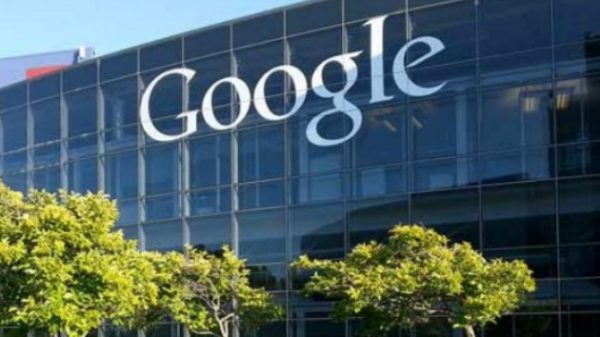It appears that ITC has sued Suhel Seth over some tweets he posted which it alleges are defamatory: the Economic Times reports about two lawsuits - one in Bangalore and another in Kolkata, alleging defamation. Tweets, the report states, were specifically targeting ITC Chairman YC Deveshwar, some of which have apparently been removed. One tweet in particular states "Yogi Devesh will teach the insider trading course at Tihar School of Business', while others allegedly suggest that he has had a "sterling track-record of avoiding retirement at all costs". Update: Seth has apparently also tweeted that his account was hacked, which is perhaps the online equivalent of alleging that "this CD was doctored". What is defamatory is likely to be subject to the interpretation of a judge, but there are a few characteristics that define this hyperactive medium for commentary, albeit not specific to this case: - Dual nature of the medium: While it is difficult to ascertain the motive behind these tweets, and a sustained campaign against an individual or a company will be difficult to defend, it also does point towards the dual nature of sites like Twitter and Facebook: they're not just about free speech and having a conversation in public, but also about the fact that they are a publishing media. What is said (rather, written) on these sites gets broadcast, and people need to exercise caution while venting, to ensure that what they're saying isn't deemed defamatory in nature. - Line between defamation and satire can…




























